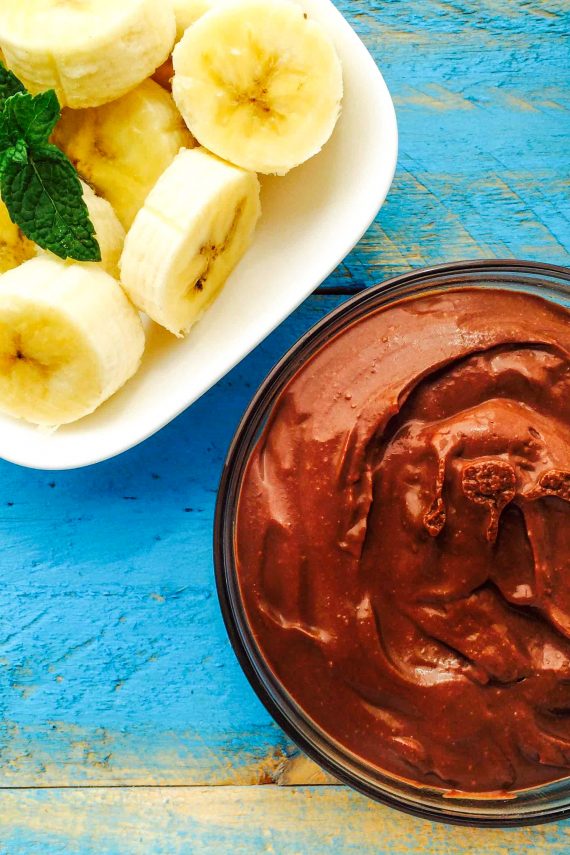Ageing can come with a range of trials and tribulations. If you’re female, navigating menopause and the wide range of symptoms that go with it, from brain fog and hot flashes to tiredness, mood changes, and altered bowel habits (just to name a few), can be overwhelming. Unfortunately, if you’ve been plagued with gut issues, the hormone level changes that come with menopause might also worsen your gut symptoms. In this blog article, we explore the connection between menopause and Irritable Bowel Syndrome (IBS) and give you a few strategies to help.
Understanding Menopause and Its Impact
Menopause marks the end of a woman’s reproductive years and is characterised by the cessation of menstruation, usually occurring in women between the ages of 45 and 55. The hormonal changes during menopause involve a decline in estrogen and progesterone levels, which can influence various bodily functions from the brain to the gut.
A growing body of research has investigated the link between menopause and gastrointestinal (GI) symptoms, with IBS being a notable focus. Studies have shown that women undergoing menopause are more likely to experience heightened IBS symptoms like bloating, distension, abdominal pain and altered bowel movements (constipation and diarrhoea) (1,3). If you are experiencing menopause and struggling, you are not alone.
Safety note: It’s important to note that any change in gut symptoms or the onset of gut symptoms in someone over the age of 50 years old is a ‘red flag’. This means it’s important to discuss the change with your doctor before assuming the symptoms are being caused by IBS.
Hormonal Fluctuations and IBS
Hormones play a crucial role in regulating GI function. Estrogen and progesterone are key hormones that decline during menopause. Both estrogen and progesterone can speed up or slow down gut transit (how quickly food moves through the digestive system). For some women the decrease in hormones can result in more consistent bowel movements, while others find that the changing hormone levels can increase gut symptoms like bloating and altered bowel movements (constipation or diarrhoea). This means that as your estrogen and progesterone hormone levels decrease, the gut symptoms you experience can change or increase.
Psychological and Lifestyle Factors
Psychological challenges like mood swings, anxiety, and depression often accompany menopause too. We have millions of nerves that wrap around our small and large intestines which create a communication highway that runs between our gut and brain. Our mental health can impact this brain-gut connection, and it’s well-known that stress and emotional well-being can trigger IBS flares. A study published in the American Journal of Gastroenterology (2017) emphasised the importance of addressing psychological factors alongside hormonal changes in menopausal women with IBS for effective symptom management (4). So if you feel a little blue, not your normal self, or your anxiety has kicked up another notch, it’s time to boost your mental well-being.
We also know that changes in dietary habits and physical activity during menopause can contribute to IBS symptoms too. Research indicates that women tend to consume more high-fat and low-fibre diets during menopause which can worsen IBS symptoms (5). At a glance, a higher-fat or low-fibre diet might not seem that important, but your diet matters when it comes to having a happy gut. High-fat diets can change gut motility, and insufficient fibre can lead to diarrhoea or constipation (depending on your gut).
Managing Menopause-Related IBS
The good news is that there are some strategies you can use to reduce your gut symptoms. Effective management of menopause-related IBS involves a holistic approach that addresses both hormonal and psychological factors impacting your symptoms. With anything, it’s about finding out what works for you in conjunction with your medical team, but here are a few ideas/strategies to get you started:
Hormone replacement therapy (HRT): For women with severe menopausal symptoms and IBS, HRT may be an option to stabilise hormone levels and potentially reduce GI symptoms (2). However, this approach should be discussed with a healthcare professional, as the risks and benefits of HRT can vary from person to person.
Lifestyle modifications: Encouraging a well-balanced diet, rich in fibre and low in triggering foods, can help manage IBS symptoms. If you need help figuring out your high FODMAP trigger foods, then check out our FODMAP Made Easy program. Regular exercise and stress reduction techniques, such as mindfulness, meditation, gut-based hypnotherapy or yoga, may also be beneficial.
Psychological support: Seeking counselling or therapy to address emotional challenges during menopause can positively impact IBS symptom management. There is absolutely no shame in getting professional help and the benefits are well documented. Talking to friends and family is another good way to seek support, especially other women in your life who have experienced or are experiencing menopause. We are all in this together.
Final Thoughts
Menopause is a significant life event that affects women in many ways, and it’s important to consider its impact on Irritable Bowel Syndrome symptoms. Once you understand how hormone fluctuations can impact the brain and gut, you can implement various strategies to improve your quality of life during this transitional phase. As always, make sure you consult with your healthcare team to get personalised guidance and support. A Little Bit Yummy will always be here to support you with yummy, wholesome recipes to hopefully bring a little food joy into your day. If you need help identifying your IBS food triggers, we can help with our FODMAP Made Easy Program.
References
- Camilleri, M. (2018). Peripheral mechanisms in irritable bowel syndrome. The New England Journal of Medicine, 378(6), 578-579.
- DuPont, A. W., & Denslow, S. A. (2016). A model of irritable bowel syndrome in postmenopausal women. Gastroenterology Research and Practice, 2016, 1972806.
- Zerjal, S. B., Yarur, A. J., Poritz, L. S., & Koltun, W. A. (2016). Irritable bowel syndrome in women undergoing hormone replacement therapy. Gastroenterology Research and Practice, 2016, 4950567.
- Lovejoy, T. I., Sainsbury, A., & Watson, S. E. (2017). Impact of hormone replacement therapy on the gut microbiota in postmenopausal women with irritable bowel syndrome. American Journal of Gastroenterology, 112(7), 1133-1134.
- Talley, N. J., & Holtmann, G. J. (2017). Irritable bowel syndrome. Gastroenterology, 133(1), 795-809.
Image credit: Muhammad_Safuan/Shutterstock.com












Does the Fodmaps Made Easy include membership of the recipe club or is that additional? Love what I see. Thank you. Sarah
Hi Sarah,
Thanks for commenting! The FODMAP Made Easy program includes our Recipe Club – that means you can instantly unlock over 900 low FODMAP recipes, meal planning tools, online courses, dietitian-led classes and more. You can learn more about the program here: https://alittlebityummy.com/fodmap-made-easy/